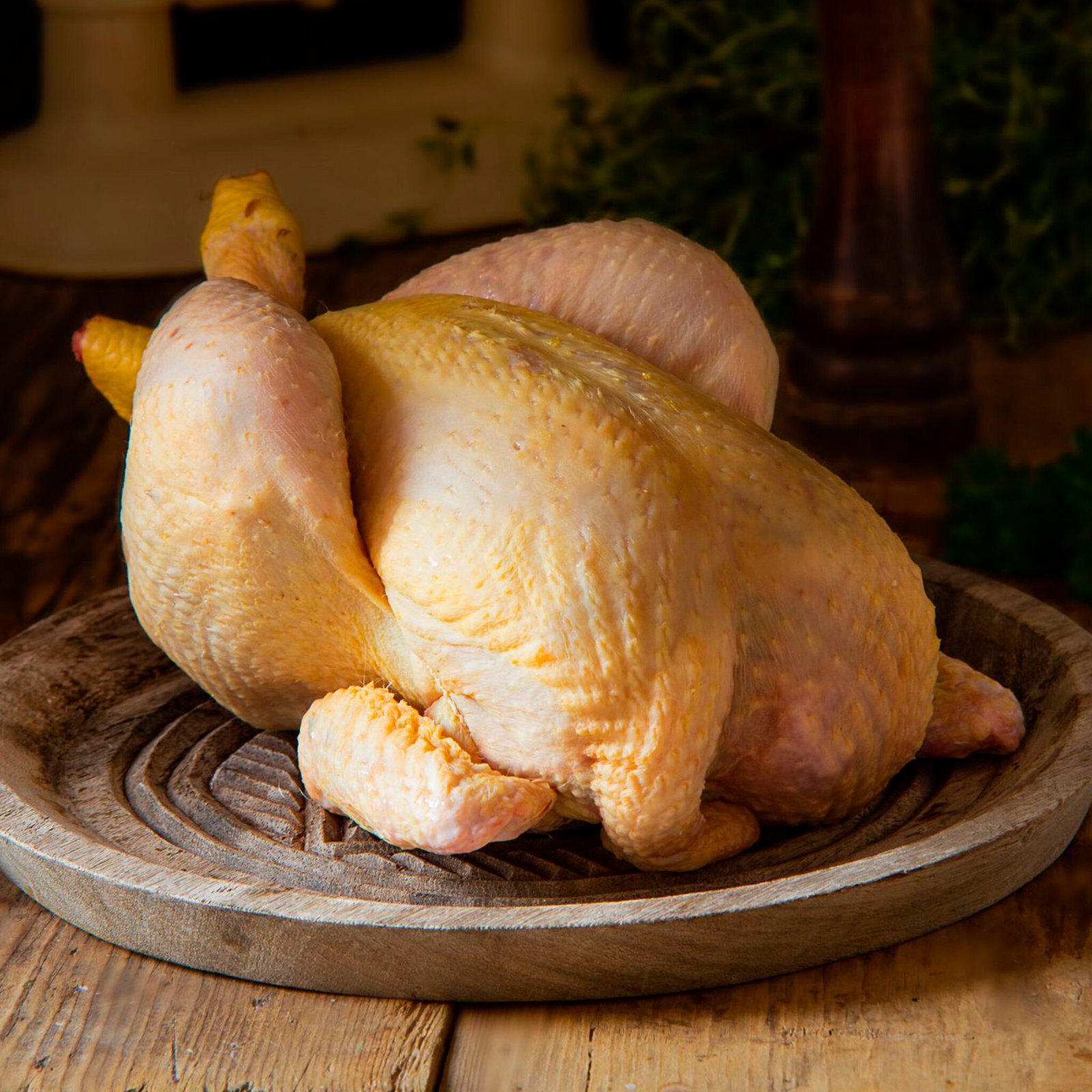In recent years, the demand for free range chicken has significantly increased as more consumers recognise the numerous benefits associated with it. This trend is not merely a fad, but rather a shift towards making healthier and more ethical food choices. Free range chickens are reared in environments that more closely mimic their natural habitat, allowing them to exhibit natural behaviours, which, in turn, results in superior health benefits and taste.
Understanding Free Range Chicken
The term ‘free range’ refers to a farming method where chickens have access to the outdoors for a portion of the day. Unlike conventionally reared poultry, free range chickens are not confined to small cages and are given the freedom to roam. This practice aligns with animal welfare standards and ensures that the chickens are less stressed and healthier.
Health Benefits of Free Range Chicken
Free range chicken is noted for being richer in nutrients compared to its conventionally farmed counterparts. The lifestyle of free range chickens contributes to meat that is lower in fat and higher in proteins. Furthermore, such chickens are often fed an organic diet, which can reduce the risk of exposure to harmful chemicals and antibiotics.
Enhanced Flavour Profile
One of the most appealing aspects of free range chicken is its distinct flavour. Because these chickens are allowed to forage and consume a varied diet, the taste of the meat is generally richer and more robust. This has made free range poultry a favourite among chefs and food connoisseurs who prefer meats that enhance the culinary experience.
Environmental Impact
Free range farming is typically more sustainable and environmentally friendly than conventional farming methods. By allowing chickens to graze, the need for large-scale feed production, which can contribute to deforestation and soil depletion, is reduced. Additionally, the natural fertilisation of grazing areas can enhance soil quality and reduce the reliance on chemical fertilisers.
Animal Welfare Considerations
Choosing free range chicken is also a decision that supports higher standards of animal welfare. These chickens live in less restrictive environments, reducing stress and promoting natural behaviours. As consumers become more aware of animal welfare issues, the demand for humanely raised products continues to rise.
Consumer Choices and Market Trends
With growing awareness and concern for health, environment, and ethical standards, more consumers are opting for free range options. This shift is influencing supermarket and butcher shop offerings, with an increasing emphasis on stocking free range products. For businesses, meeting this demand is not just a matter of ethics but also market advantage.
Comparing Costs
One argument often made against free range chicken is its cost, which is generally higher than that of conventionally farmed chicken. However, many consumers believe that the health benefits, taste advantages, and ethical considerations justify the additional expense. Furthermore, as demand continues to rise, economies of scale may help reduce costs over time.
Free Range Certification
To ensure that chicken is genuinely free range, consumers should look for certifications on packaging. Various organisations provide standards that must be met for meat to be labelled as free range, offering assurance of quality and ethical farming practices.
The Role of Retailers
Retailers play a crucial role in the distribution of free range chicken. By offering a variety of ethically sourced products, they help educate consumers about the benefits of choosing free range. Moreover, businesses like The Naked Butcher have been pivotal in promoting sustainable farming by providing an array of free range chicken products.
Cooking and Culinary Uses
Free range chicken is not only healthier but also versatile in the kitchen. Its rich flavour profile makes it ideal for a variety of cooking methods, from roasting to grilling. Chefs and home cooks alike find that free range chicken adapts well to diverse recipes, enhancing traditional and contemporary dishes alike.
Impact on Farmers
The shift towards free range farming practices impacts farmers significantly. Many farmers who transition to free range methods report improvements in the quality of their products and a stronger connection with consumers who value transparency and sustainability.
Educational Efforts
To continue supporting the growth of the free range chicken market, educational efforts are essential. Consumers need more information about the benefits and impacts of their food choices. Industry stakeholders, including businesses and agricultural organisations, can foster awareness through workshops and informative campaigns.
Future Prospects
As the benefits of free range chicken continue to gain recognition, the prospects for this farming method look promising. Innovations in farming practices and increased consumer demand are likely to drive the market’s expansion, making free range chicken a staple in many households.
Conclusion
Given the numerous advantages of free range chicken, from health benefits to superior taste, it is no wonder that more consumers are making the switch. As this trend grows, businesses that align themselves with ethical and sustainable practices stand to benefit not only from consumer support but also from contributing positively to the food industry and the environment.





